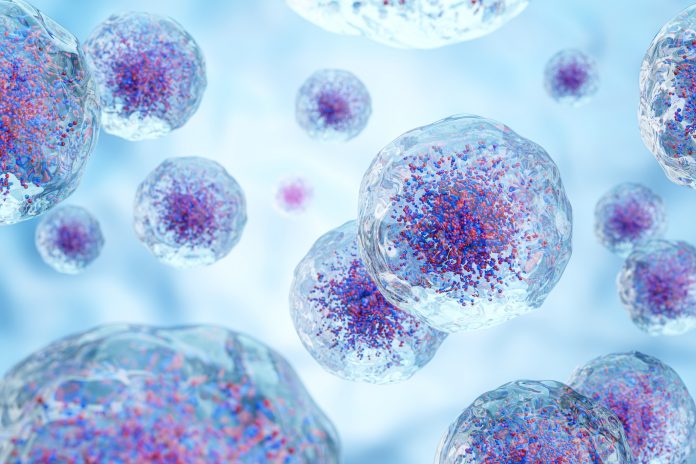In a groundbreaking development, UCLA researchers from the Jonsson Comprehensive Cancer Center have unveiled an innovative artificial intelligence, AI model. This model centred on epigenetic factors, demonstrates unparalleled success in predicting patient outcomes across cancer types
The study delves into examining gene expression patterns of epigenetic factors within tumours.
Epigenetic factors uncover hidden predictors
These factors, responsible for influencing gene activation or deactivation, enable the categorisation of tumours into distinct groups. Astonishingly, this categorisation proves more effective in predicting patient outcomes than traditional measures like cancer grade and stage.
Potential for targeted therapies
The findings, detailed in Communications Biology, open avenues for targeted therapies in cancer treatment. Notably, the study identifies specific epigenetic factors, such as histone acetyltransferases and SWI/SNF chromatin remodelers, laying the foundation for advanced therapeutic interventions.
Chromatin state crucial for Cancer understanding
Co-senior author Hilary Coller emphasises a paradigm shift in understanding cancer. While traditionally linked to genetic mutations, advanced sequencing technologies highlight the importance of chromatin states and epigenetic factors in cancer progression. Understanding these nuances can unlock mysteries surrounding varied patient responses to treatments and diverse outcomes.
AI model successfully predicts patient outcomes
The researchers, analysing 720 epigenetic factors across 24 cancer types, discovered significant associations between epigenetic patterns and patient outcomes. Subsequently, they trained an AI model to predict outcomes for five cancer types with notable differences. The model accurately stratified patients, identifying groups with significantly different chances of optimistic or adverse effects.
Future implications and roadmap
The study provides a roadmap for generating similar AI models and highlights the potential for broader applicability. The team underscores the importance of testing the model on independent datasets and suggests extending similar models to pediatric cancers.
This research propels AI applications in cancer prognosis and holds promise for personalised cancer treatments based on epigenetic insights.
This groundbreaking research, partly funded by grants from prestigious institutions, paves the way for a new era in cancer prediction and targeted therapies.











